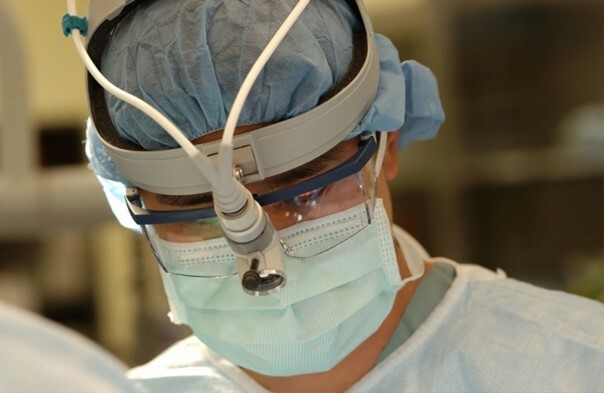FLUONIR-II
Fluorescent probes for NIR-II Imaging and aid in ENT cancer surgery


Benefits
- Water-soluble molecules, biocompatibles
- Coupling to biological vectors
- NIR-II Emission
- Higher resolution and sharper images than NIR-I
Key words
- Imaging
- Image-guided Surgery
- Fluorescence
- NIR-II
Intellectual Property
- 1 patent
Partnerships & Rewards
- 2022 i-PhD French Deeptech Innovation Competition Winner - Grand Prix
Laboratory
- IAB (Grenoble)
Institutions
- CNRS
- INSERM
- UGA
Linksium Continuum
- Maturation
- Incubation
Context
Tumor surgery can be guided by fluorescence imaging in the NIR-I region. NIR-II imaging helps to reduce tissues autofluorescence and light diffusion to improve the image quality. Currently, there are no NIR-II compounds used in the clinic.
Technology
The FLUONIR-II compounds derived from aza-BODIPY molecules and emit a fluorescent signal in the NIR-II optical range. Patented, they are water-soluble, biocompatible, and can be administered alone or coupled with a biological ligand to enhance tumor targeting.
Advantages
These compounds are fast to produce, chemically and photochemically stable, even after a prolonged light exposure. They can be personalized according to the desired target and they can be used for bimodal imaging (optical/nuclear).
State of progress
Different batches of fluorescent molecules have been synthetized and successfully tested in mice bearing tumors for image-guided surgery of infiltrating Head & Neck tumors. These compounds emitting in the NIR-II optical range have been patented. The level of TRL already reached in the laboratory is TRL 3+/4.
Applications
FLUONIR-II aims for fluorescence guided surgery (hospitals and clinics). The molecules will be particularly available to pharmaceutical laboratories producing antibodies, to academic laboratories working in optical imaging and also to NIR-II camera distributors.

